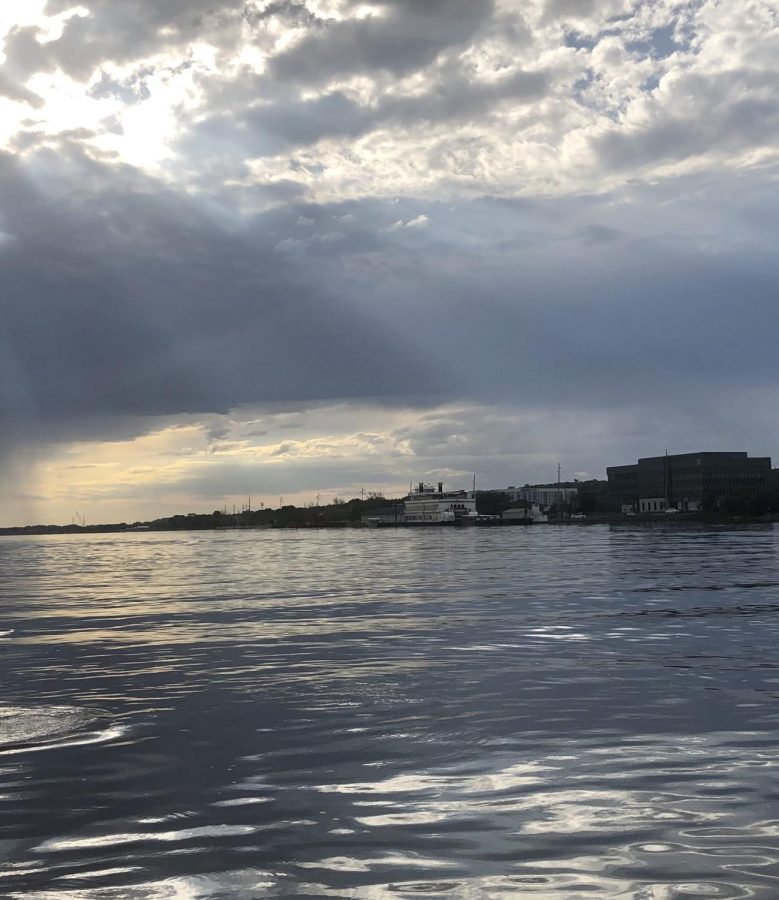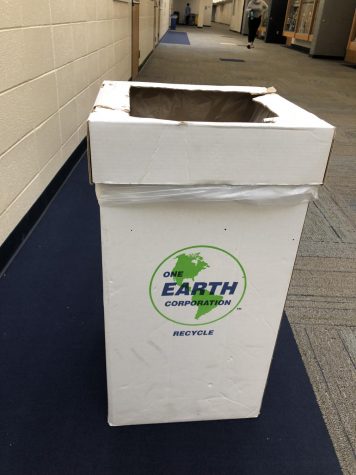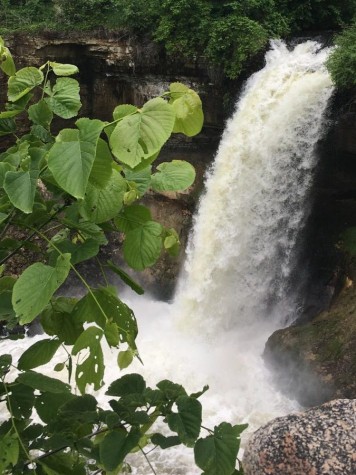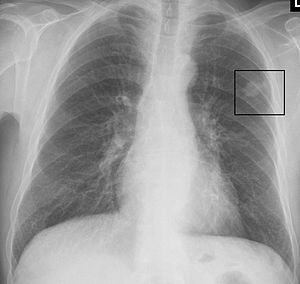In a 5-4 decision, the Supreme Court has reinstated a water rule that facilitates private industries’ evasion of environmental caution. The Trump-era certification rule slashes state and indigenous power concerning industrial projects that could pollute waterways.
The rule is an extensive change to Section 401 of the Clean Water Act and the revision was put into effect in 2020.
According to the Environmental Protection Agency (EPA), Section 401 states that federal agencies may not issue permits, licenses or otherwise allow activities that may result in emissions of material into waterways. States and pertinent Native-American tribes are responsible for issuing certificates of water quality.
The 2020 revision was the first change to Section 401 since the Clean Water Act’s ratification in 1972. It reduced state and tribal power to ensure that waterways within their jurisdiction are free from pollution – the biggest potential sources being interstate pipelines, coal terminals and other energy projects. Further, the change was part of a larger amendment to the act that severely reduced the amount of protected waterways in the U.S. and eliminated certain EPA restrictions.
In response to the change, 24 states and two environmental coalitions filed suit to vacate the rule. Ninth Circuit Court Judge William Alsup voided the revision, stating, “The rule’s inconsistency with the purpose of the statute it interprets…supports vacatur.” Alsup’s ruling was a win for not only the groups involved in the suit, but also the EPA.
The agency had requested remands to the 2020 revision and made clear their disagreements in a Federal Register Notice. Among the revisions requested were increased clarity concerning the certification request, issues with the narrow certification scope and the reasonable period of time in which certificates can be issued.
Additionally, the lower court’s ruling supported the principle of cooperative federalism that the Clean Water Act has sustained for its 50-year tenure. The plaintiffs argued that the revision encroached on the principle by virtually decimating all state and local power, except in cases of direct pollution.
However, several Republican states and large energy corporations opposed Alsup’s ruling, and ultimately, the case landed in the Supreme Court. Early this April, via shadow docket, the 2020 revision and its backers prevailed.
Now, fossil fuel energy projects and other industries have the green light to commence operations – and state governments and tribes have very limited power to stop them. According to the 2020 revision, the only situation in which they can block projects is in cases of direct pollution. Previously, other factors like climate change and public opinion were involved.
While the fossil fuel industry maintains that pipelines are the safest way to transport natural gas and oil, they are notoriously unreliable and frequently result in leaks and spills. According to the Pipeline and Hazardous Materials Safety Administration (PHMSA), there have been over 12,000 significant incidents since 2002. The ensuing damage was estimated at 10 billion dollars, caused 276 deaths and over a thousand injuries. In Iowa alone, there have been 195 significant incidents and 36 million dollars worth of damage over the past 20 years.
Hazardous material spills continue to harm the environment long after they are adequately cleaned up on the surface. Oil spills seep into the ground, poisoning the surrounding wildlife and compromising water supply for human consumption. Natural gas leaks, like methane and propane, contribute to greenhouse gas emissions and accelerate climate change.
Clearly, fossil fuel pipelines are not safe and they are certainly not the green future that the U.S. should strive for. Junior Alexa Mueller is intimately involved with the problems that fossil fuels cause. “I live in an eagle reserve, and sometimes you can smell the natural gas coming up from the pipes in the ground,” she said. “Not only is it bad for the environment, but it is also bad for quality of life. This is an issue that could easily be resolved by more sustainable energy practices.”
Justice Elena Kagan was joined by three other justices and wrote the dissenting opinion. In the report, she cited an inappropriate use of an emergency petition in the case. Often called a shadow docket because of the minimal briefing and argument involved, it is only intended for cases in which immediate danger is presented.
Justice Kagan stated, “The applicants have not identified a single project that a State has obstructed in the five months since the District Court’s decision. Still more, they have not cited a single project that the court’s ruling threatens, or is likely to threaten.” Later in the dissent, she expressed that the court had gone astray in granting the emergency docket anyway.
So what kind of precedent does this misuse of a shadow docket set? Essentially, this case has shown that the shadow docket can now be used to install partisan policy without oversight.
The outcome of this case is what big fossil fuel corporations and their court-packing donors have been looking for for decades. By evading the government’s ability to regulate them, the fossil fuel industry can exploit the environment and profit incessantly.
The Biden administration is currently rewriting the rule, and it could be effective as soon as 2023. However, this Supreme Court ruling means that unsustainable, unreliable fossil fuel projects have enough time to begin construction and in some situations, perhaps even operation. Although projects may only have a short window to break ground, they certainly have enough time to cause irreparable harm.


















